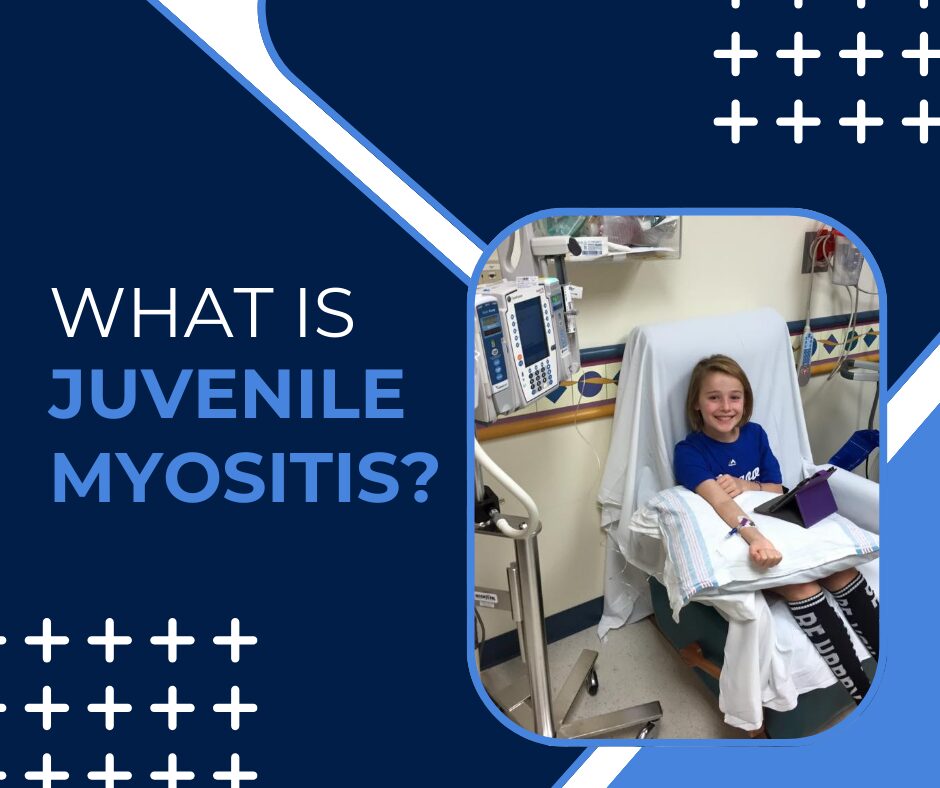Besides the normal turmoil of adolescence, receiving a diagnosis of Juvenile Myositis can present your child with more stress due to changes in body image, medical visits, medications, etc.
It is important to recognize the warning signs of depression and anxiety. Adjusting to life with Juvenile Myositis is difficult, but we are here to help.
- A journal for managing stress
- Un diario para controller el estrés
- 5 Coping Strategies for Adolescents with Depression
- Coping Skills for Teens with Anxiety

Paediatric Rheumatology Senior Nurse Academic from Great Ormond Street Hospital, London
“From my recent UK study asking children and young people to talk about their experience with JM, we showed how important it is for health care professionals to actually ask the children and teens themselves how they are coping. JM patients told us that they often feel different from their peers and siblings and suffer from feelings of uncertainty as the illness, medication side effects, and future pathways into adulthood can be unpredictable. Thanks, Cure JM, for helping to support these children, young people, and families all over the world!”




